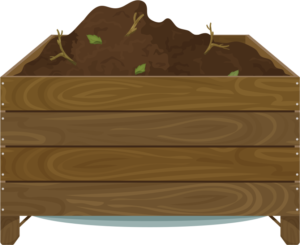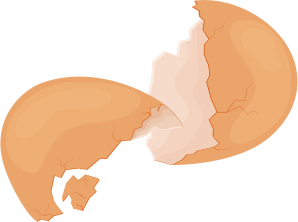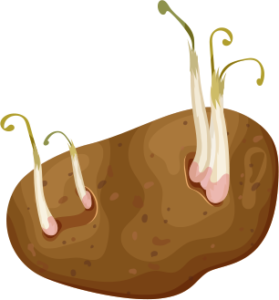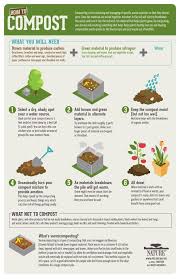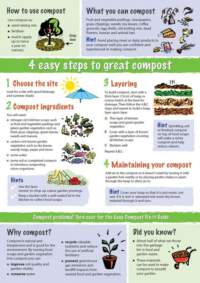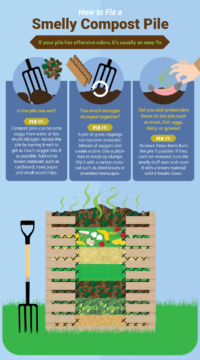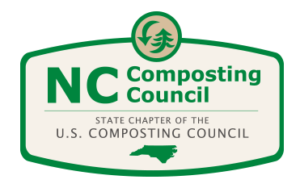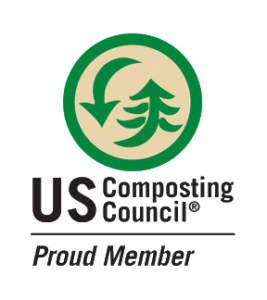Composting Tips & Resources
This page is being created in part by a local student and Girl Scout as part of her Gold Award!
Here is a quick explanation of compost from Kiss the Ground and why making and using it is so important.
How to make compost
Composting is simply taking food waste and turning into nutrient rich soil. For almost any method of composting you choose, you will first need a container to collect your kitchen scraps. This can be something reused from your kitchen or a purpose built compost container with a built in (replaceable) charcoal filter.
There are numerous methods for making compost. Pick the one that best fits your needs, space and budget.
Backyard – There are several ways to compost in your backyard.
- You can purchase a purpose built composter (we do not recommend a tumbler) at a garden center or from your municipality. Many offer them on discount at certain times of the year.
- You can build a closed 3-bin system. This works especially well if you have a lot of food waste and/or yard waste.
- You can build a pile contained with chicken wire (if allowed in your municipality)
- You can build an open pile (again, depending on your municipality)
Drop-off – Check with your municipality to find out if they accept food waste at your waste convenience center. To keep your trips to a minimum, you can store your food waste in the freezer so that it does not break down too quickly.
A list of drop off locations for Wake County can be found here.
Vermi-compost – or worm composting, allows for composting in a small space. Red Wiggler worms turn kitchen scraps into a rich, dark soil that smells like earth. Made of almost pure worm castings, it’s a sort of super compost. Not only is it rich in nutrients but it’s also microorganisms that create and maintain healthy soil. Clemson University Extension lists the following benefits of vermi-compost in this article on worm composting.
DIY Indoor Composter for Small Spaces – Instructions for making a small indoor compost container can be found here. These can be easily stored in a kitchen and is a great opportunity to repurpose an existing container (such as a metal coffee container or plastic ice cream bin) for storing food scraps.
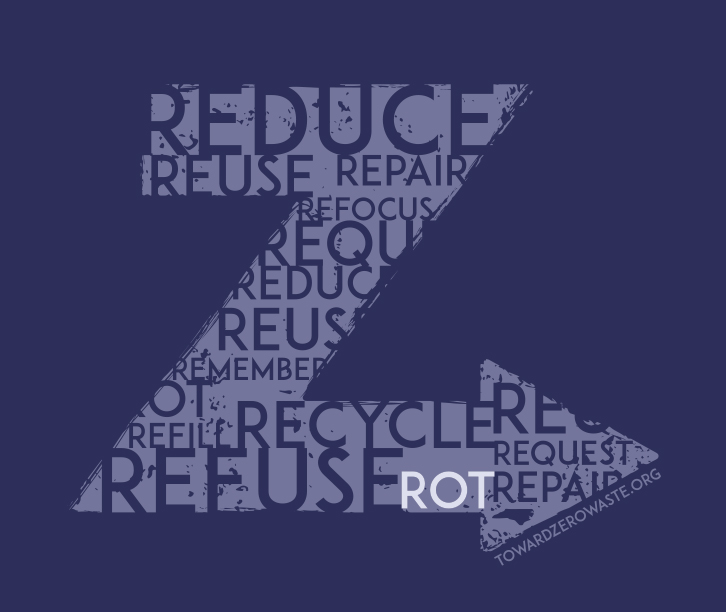
Can’t Compost at Home? Here are a few other options:
Sharewaste App – connects people who want to recycle their kitchen scraps with neighbors who are already composting, worm-farming or keeping chickens.
Pickup Services such as Green Waste Company and Compost Now – Many areas now have pickup services that will pick up your food waste from your porch and take it to an industrial service. The advantage to this service is that, because it is industrial, they will often accept compostables that will not break down in a backyard setting.

